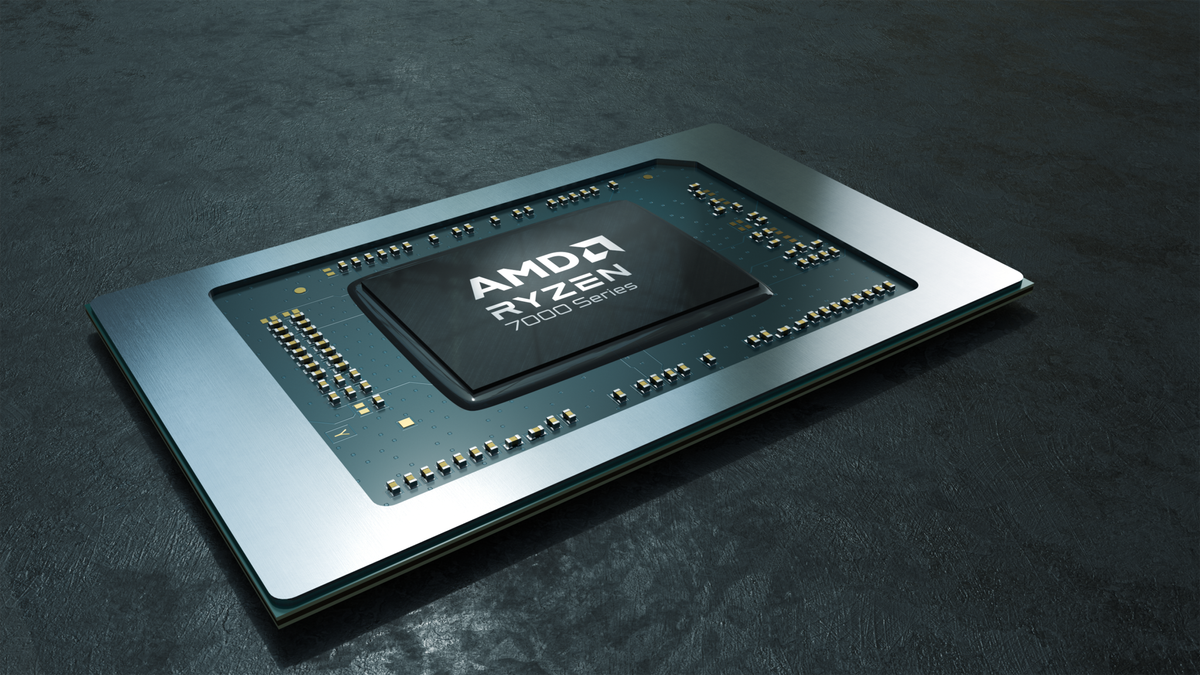Phoronix: AMD Unified Inference Frontend 1.1 Released
AMD in February quietly released version 1.1 of their in-development Unified Inference Front-end "UIF" that aims to be their catch-all solution for AI inference from CPUs to GPUs to FPGAs and other IP from their recent Xilinx acquisition...
AMD in February quietly released version 1.1 of their in-development Unified Inference Front-end "UIF" that aims to be their catch-all solution for AI inference from CPUs to GPUs to FPGAs and other IP from their recent Xilinx acquisition...



Comment